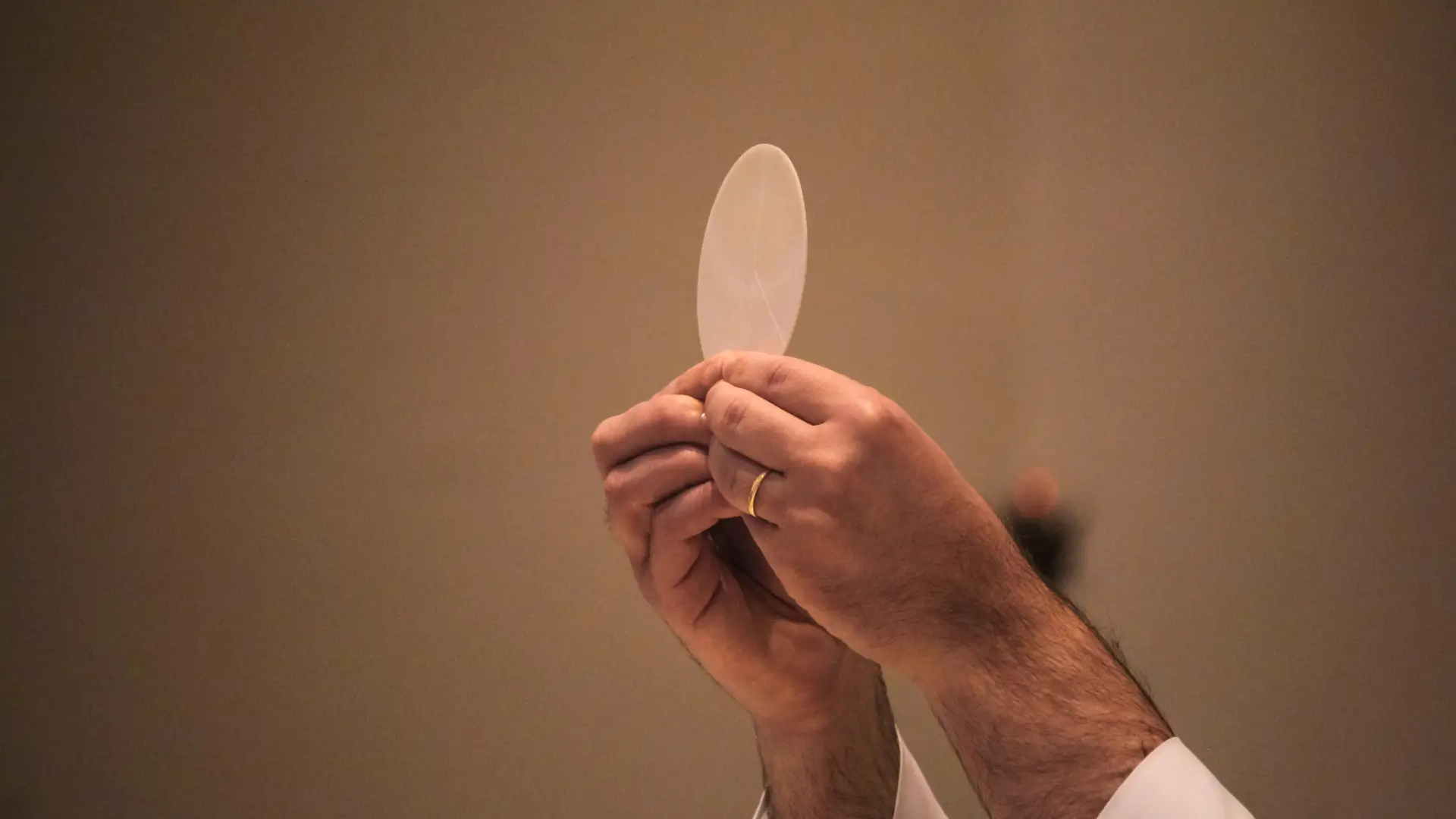The Catholic penance prayer, commonly known as the Act of Contrition, is a heartfelt expression of remorse for sins committed. It plays a crucial role in the sacrament of Reconciliation (Confession) and personal prayers. In this article, we’ll explore multiple versions of the prayer, delve into its history, and guide you on how to pray it effectively.
What Is the Act of Contrition?
The Act of Contrition is a prayer that expresses sorrow for sins and a firm resolution to amend one’s life. It’s a pivotal component of the sacrament of Reconciliation, where Catholics confess their sins to a priest to receive absolution. The prayer encapsulates sincere repentance and a commitment to avoid future sin.
Multiple Versions of the Act of Contrition
Over the centuries, several versions of the Act of Contrition have emerged. While the core message remains the same, the wording can vary based on tradition, language, and personal preference.
Traditional Version
O my God, I am heartily sorry for having offended Thee,
and I detest all my sins because I dread the loss of Heaven and the pains of Hell,
but most of all because they offend Thee, my God,
who art all good and deserving of all my love.
I firmly resolve, with the help of Thy grace,
to confess my sins, to do penance, and to amend my life.
Amen.
Modern Version
My God, I am sorry for my sins with all my heart.
In choosing to do wrong and failing to do good,
I have sinned against you whom I should love above all things.
I firmly intend, with your help,
to do penance, to sin no more,
and to avoid whatever leads me to sin.
Our Savior Jesus Christ suffered and died for us.
In His name, my God, have mercy.
Amen.
Simplified Version for Children
Dear God, I am sorry for my sins.
Please forgive me.
I will try to do better.
Thank you for your love.
Amen.
How to Pray the Act of Contrition
During the Sacrament of Reconciliation
- Examination of Conscience: Reflect on your actions, thoughts, and omissions since your last confession.
- Confession: Admit your sins to the priest honestly and fully.
- Receive Penance: The priest assigns a penance, usually prayers or good deeds.
- Pray the Act of Contrition: Recite the prayer sincerely, expressing true remorse.
- Absolution: The priest grants absolution, and your sins are forgiven.
In Personal Prayer
- Find a Quiet Space: Choose a peaceful environment to focus on your prayer.
- Reflect on Your Actions: Think about ways you may have strayed from God’s teachings.
- Recite the Prayer: Speak the Act of Contrition aloud or silently, meaning each word.
- Resolve to Improve: Commit to making positive changes in your life.
The History of the Act of Contrition
Early Origins
The concept of expressing contrition dates back to the early Church. Initially, penitent prayers were spontaneous expressions of sorrow.
Medieval Developments
By the Middle Ages, structured prayers began to form. The Act of Contrition started to take a more formal shape, influenced by theological works emphasizing repentance.
Council of Trent (1545-1563)
The Council of Trent formalized many Catholic practices in response to the Protestant Reformation. It emphasized the importance of contrition in the sacrament of Penance, leading to more standardized versions of the prayer.
Modern Adaptations
Today, the Act of Contrition comes in various forms to accommodate different languages, cultures, and age groups. The essence remains unchanged—a sincere apology and a promise to turn away from sin.
Theological Significance
- Expression of Love: The prayer underscores love for God above all else.
- Acknowledgment of Sin: It involves recognizing one’s failures and taking responsibility.
- Commitment to Change: It includes a firm purpose of amendment, showing a desire to grow spiritually.
- Trust in God’s Mercy: The prayer reflects confidence in God’s forgiveness and grace.
Tips for Praying the Act of Contrition
- Be Sincere: The power of the prayer lies in genuine remorse.
- Understand the Words: Reflect on the meaning behind each line.
- Personalize It: While traditional texts are valuable, using your own words can make the prayer more personal.
- Regular Practice: Incorporate the prayer into your daily routine to foster continual spiritual growth.
Conclusion
The Act of Contrition is more than just words; it’s a profound step toward spiritual renewal. Whether recited during confession or in personal meditation, it bridges the gap between human imperfection and divine mercy. By understanding its history and meaning, you can enrich your prayer life and deepen your relationship with God.






